Rev. HyeRan Kim-Cragg was installed as the 14th principal of Emmanuel College in Toronto on Nov. 16. She is the first racialized person to lead the theological college, which has its roots in the United Church and other Christian denominations but also offers courses from Muslim, Buddhist, Sikh and other religious traditions. Kim-Cragg spoke to associate editor Julie McGonegal about her student years in South Korea, her research in intercultural preaching, and her vision of interreligious education for Emmanuel College.
Julie McGonegal: Tell me about the spiritual and religious journey that led to this position.
You may unsubscribe from any of our newsletters at any time.
HyeRan Kim-Cragg: I grew up in South Korea, and my parents were from North Korea. They were Korean War refugees. When I think about Korea, I always think about hope — even though North and South Korea are still very divided and technically at war.
Korea, as a unified country, is a very old country. According to myth, our country is more than 5,000 years old, and it’s always been very pluralistic, religiously speaking. In general, Koreans were able to coexist with religious and cultural differences for centuries. I was born Catholic, but growing up, my family always embraced other religious practices and traditions.
During my university years, I was an active member of the Student Christian Movement in Korea. At that time, in 1987, South Korea was just ending the military dictatorship of almost 30 years. The mood of South Korean society was very high in terms of yearning for Korean democracy and peace. The Christian movement that I was part of was leading that. For us, God is with us in our yearning.
I met Jesus on the street, literally, in the midst of tear gas. As my eyes were tearing and my nose was running, and my whole body was shaken by protest in that chaotic, difficult moment, I saw Jesus standing side by side with me and others.
That memory is ingrained in me. And whenever I see protest happening, whether in Canada or elsewhere, I think there is divine presence there.
JM: That’s such a powerful memory. How does that young student become the principal of Emmanuel College?
HK: I started my theological education at Hanshin Graduate School of Theology, the only theological school of the Presbyterian Church in the Republic of Korea, which is a long-standing ecumenical partner of the United Church. We call the campus in Seoul Emmanuel Hill. That theological education, as well as my previous position at Emmanuel College, prepared me to become principal.
At Emmanuel College, I was a student first and then appointed faculty. When I came as faculty, it was because of Emmanuel College’s new direction toward interreligious theological education. That’s the only way I know that different religious communities can thrive, and Korea is one such example.
There are not a lot of schools that do it because it takes a certain art of negotiation, understanding and empathy.
JM: Your research on intercultural preaching also seems like a natural fit for Emmanuel College.
HK: Interculturalism is not the same as multiculturalism. Multiculturalism is “I recognize you, but don’t touch me.” It’s about moving in parallel. We can’t go deep there. Interculturalism is about making us all vulnerable, so your gifts and even your critiques will help me grow into my own tradition.
It’s about recognizing that we can’t be fully who we are unless we’re in relationship. It doesn’t mean we’re equal — that’s where legacies of white privilege, Christian superiority, antisemitism and Islamophobia come in. It’s about repenting those legacies at the same time as we confess our faith. Holding that contradiction is what good theological education tries to do.
More on Broadview:
- This social ethicist wants to make Christianity revolutionary again
- The United Church of Canada is healthier than most people think: Brian Arthur Brown
- These three Black women are breaking barriers in ministry
JM: What is your vision for Emmanuel College during this five-year term?
HK: We are cutting-edge as an interreligious school, but we are not there yet. We are a multireligious theological school right now, where we have Christians, Muslims, Buddhists, some Jewish folks, Sikhs, seekers and whatnot. My vision for the school is to go deep and grow wide.
There are also some exciting things happening in the next five years. The United Church of Canada is having a centennial anniversary in 2025. That same year, we will also celebrate the 10th anniversary of the Buddhist master of pastoral studies program, and the 15th anniversary of the Muslim master of pastoral studies program. We need to tell stories of how the graduates of those programs are doing and feature some of their remarkable contributions and leadership.
We’re starting a garden project in the east and west courtyards. We’re going to plant vegetables that are good for creation, attracting bees and butterflies, in partnership with the Indigenous communities. We’re going to use this as an accessible experiential learning site. This will be a dedicated Emmanuel College centennial project for 2028.
JM: What’s your plan to sustain Emmanuel College’s relationship with the United Church?
HK: I belong to the United Church, and my commitment is lifelong. In a way, what Emmanuel is doing in terms of being interreligious is not possible without the legacy of the United Church, with its mandate to embrace religious differences. Emmanuel College’s strategic plan and the United Church’s strategic framework are very close, almost identical, in terms of Indigenous initiative, ecological sustainability, commitment to anti-racism and decolonization, and in terms of reimagining our ministries and serving our communities in this vastly changing world.
***
This interview has been edited and condensed for clarity and length.
Julie McGonegal is an associate editor at Broadview.

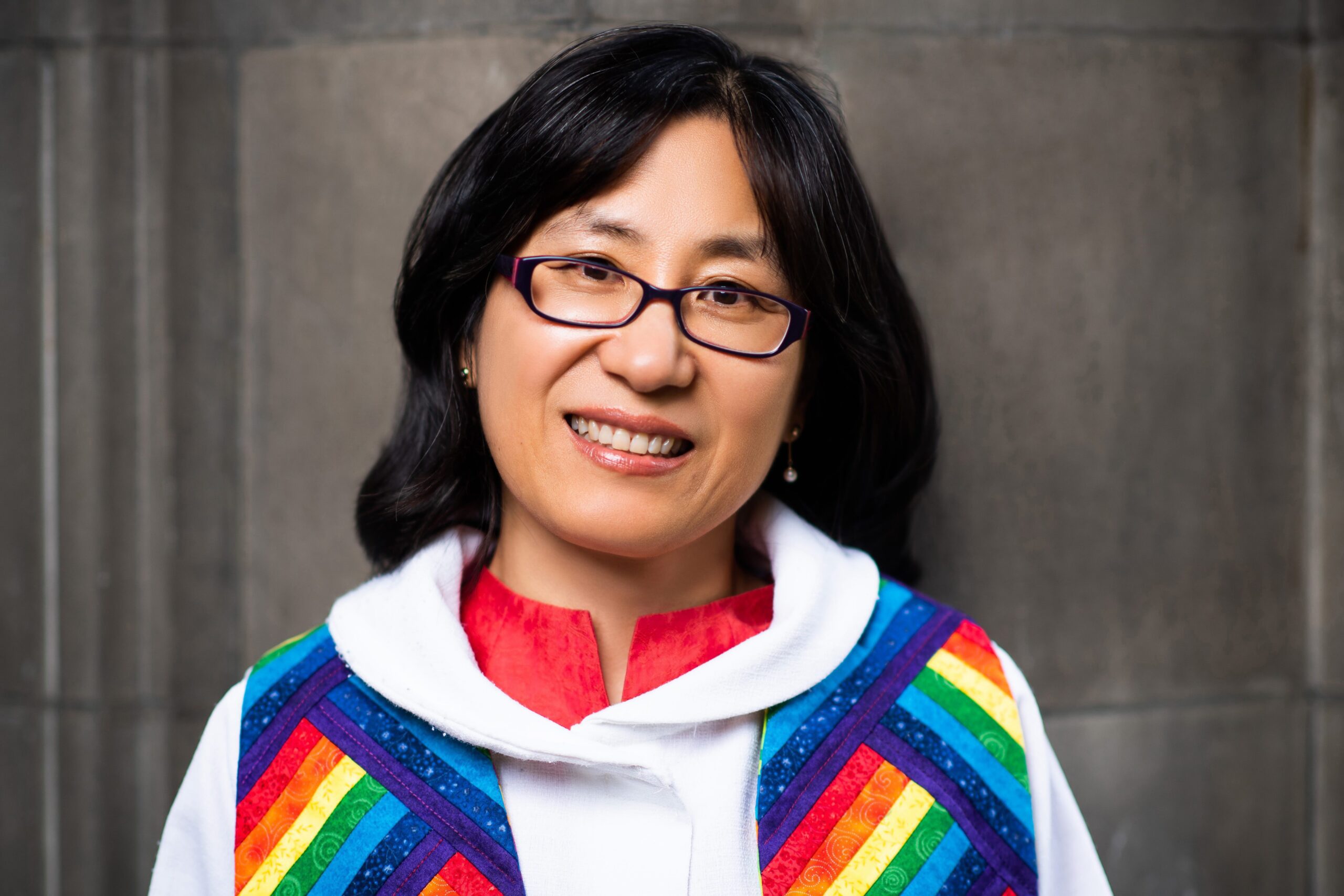







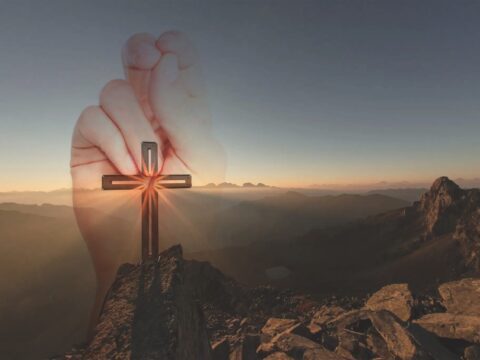
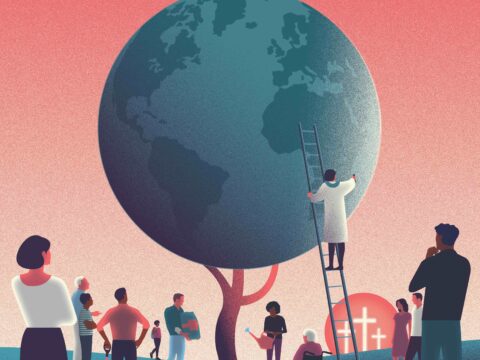

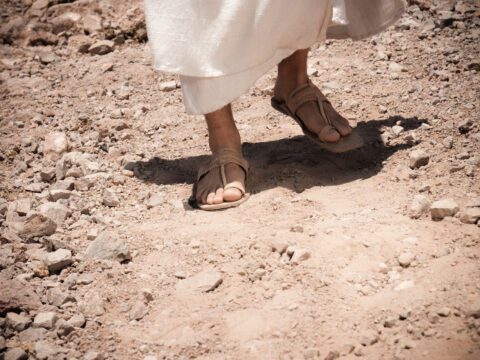
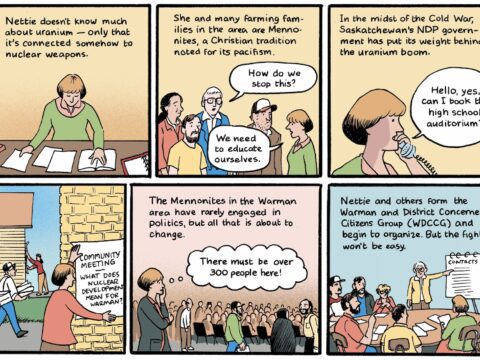
Jesus is the shelter for our souls. .Messiah’s story is our story. We are the living standing stones in the temple God is building. By trusting in you I enter into the story of Salvation, one of your chosen people and I get to declare your praises. His faithful love endures forever.
Selling prestigious University of Toronto degrees with no substance to students and their parents, is not the way, the truth and the life of Jesus Christ, God and our beloved Holy Spirit.